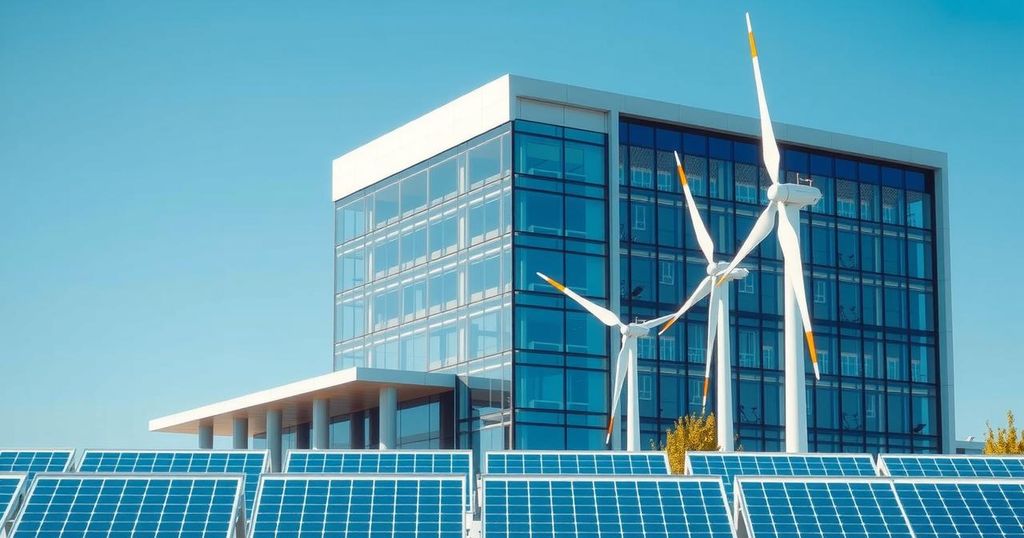Chris Wright, nominated to lead the Department of Energy, received a mostly favorable reception from Senators in his confirmation hearing despite protests from climate activists. He emphasized the importance of energy for America’s economy and defense. While many senators praised his character and connections, others challenged him on his ties to the fossil fuel industry. Wright expressed commitment to evolving the energy system to tackle climate concerns.
At his Senate confirmation hearing on Wednesday, Chris Wright, nominated to lead the Department of Energy, received a largely positive reception from senators across party lines. This occurred despite interruptions from climate activists protesting his nomination. Wright, who serves as the CEO of Liberty Energy, indicated that energy is crucial for America’s economy and defense, stating, “Energy is the essential agent to change that enables everything that we do.” The atmosphere of the hearing was marked by humor and camaraderie, especially from Senator John Hickenlooper, D-Colo., who referred to a past friendly debate with Wright over energy issues, emphasizing mutual respect developed through their interactions. Senators, including Bill Cassidy, R-La., noted that Wright’s personal connections with Democrats likely contributed to the smoother confirmation process, contrasting it with the tense hearings for other nominees. Steve Daines, R-Mont., attributed the positive reception to Wright’s character and pragmatism, stating that his capability as a scientist and results-orientation were apparent to the committee. However, not all interactions were civil; Senator Mazie Hirono, D-Hawaii, confronted Wright about his alleged connections to an oil executives’ meeting with Donald Trump. Wright defended himself, clarifying that the nature of the meeting was mischaracterized. Senator Catherine Cortez Masto, D-Nev., questioned Wright about the potential energy sources for the United States, to which he affirmed the importance of multiple energy sources, leaving solar power without mention, though he did express willingness to explore options beyond fossil fuels. The discussion reflected a commitment to find common ground, as Hickenlooper raised climate change concerns, prompting Wright to agree on the necessity of evolving the energy system to address such challenges. Wright, who has spent years studying energy issues, cited his work in various energy sectors as evidence of his commitment to advancing energy technology, a key factor in tackling climate change. The cordial atmosphere during the hearing may have stemmed from an understanding among Democrats of the potential political repercussions of President Biden’s stringent climate policies, which contributed to the resurgence of support for Trump. If confirmed, Wright must navigate the complexities of Biden’s energy agenda amid calls from lawmakers like Daines for a rollback of certain executive orders tapped by the current administration.
The article discusses the confirmation hearing for Chris Wright, nominated by President Trump to head the Department of Energy. It highlights the reception he received from the Senate committee, the tensions created by climate activists, and the interactions among senators. This hearing is critical in shaping energy policies that impact the economy, climate initiatives, and bipartisan relations in Congress. As the new nominee, Wright’s approach may influence future energy strategies and address climate concerns amid challenges posed by existing executive decisions.
In conclusion, Chris Wright’s nomination for Secretary of Energy showcases a blend of bipartisan support and challenges posed by climate activists. While he received a warm welcome from many senators, contentious exchanges highlighted the complexities of addressing climate change within the framework of energy policy. Wright’s nomination reflects a pivotal moment in energy leadership that seeks to balance technological growth and environmental responsibility in the coming years.
Original Source: www.dailysignal.com






